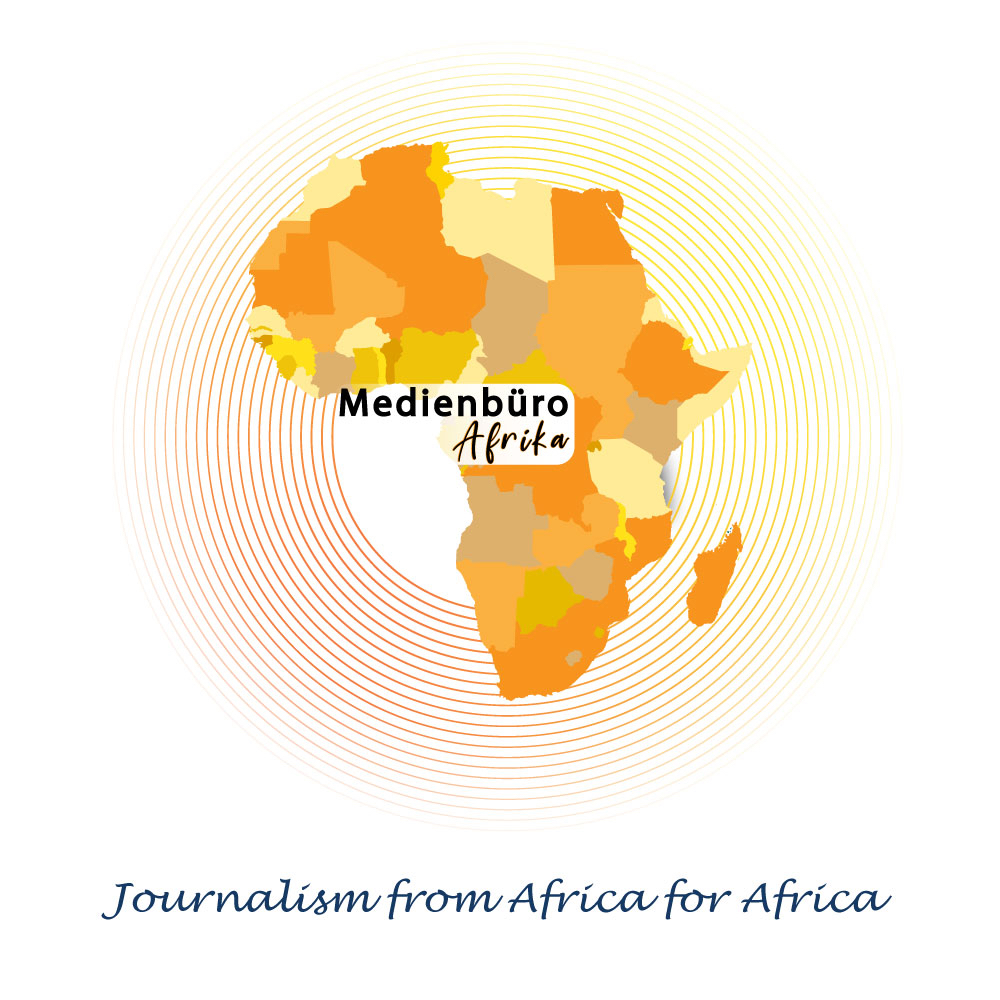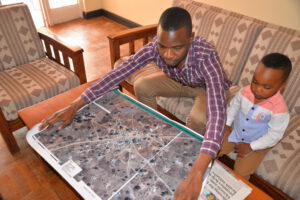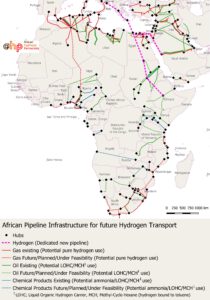If you follow the political landscape in Germany, you get the feeling that the carpet is burning from right to left. There is hardly any joie de vivre.
Not so in Africa. One concept pursued by Nobel Peace Prize winner Nelson Mandela is called Ubuntu. Mandela succeeded in the peaceful transition of South Africa from apartheid to a rainbow nation.
Ubuntu originates from southern Africa and stands for humanity, charity and community spirit as well as for experience and the awareness of being part of a whole. Its roots lie in the Bantu languages of Zulu and Xhosa. Mandela belongs to the African Xhosa ethnic group. Attempts are now being made by the South African Constitutional Court to include it in the South African constitution. Other researchers assume that it goes back to the KhoiSan Bushmen and thus to the beginnings of mankind.
The focus is on the We. Some time ago, when people travelled in Africa and arrived in a village, they were provided for free. The idea was that travellers from the village could expect the same.
Ubuntu is an African philosophy of life. When the industrial revolution with its economic principles spread to Europe 200 years ago, Africa practised ubuntu. This also led to changes in Africa, as demonstrated by the Congo Conference in Berlin from 1884 to 1885. There, the Europeans divided Africa among themselves.
Ubuntu is an essential part of African identity with values such as compassion, self-respect, love of neighbour and solidarity. Representatives of the Ubuntu philosophy are Mahatma Gandhi, Martin Luther King and Mother Theresa.
Ubuntu is not a manual for a better world. But it is food for thought, especially when new despots threaten.
Author: Dr Thomas Isenburg, science journalist from Kierspe
All ready published




